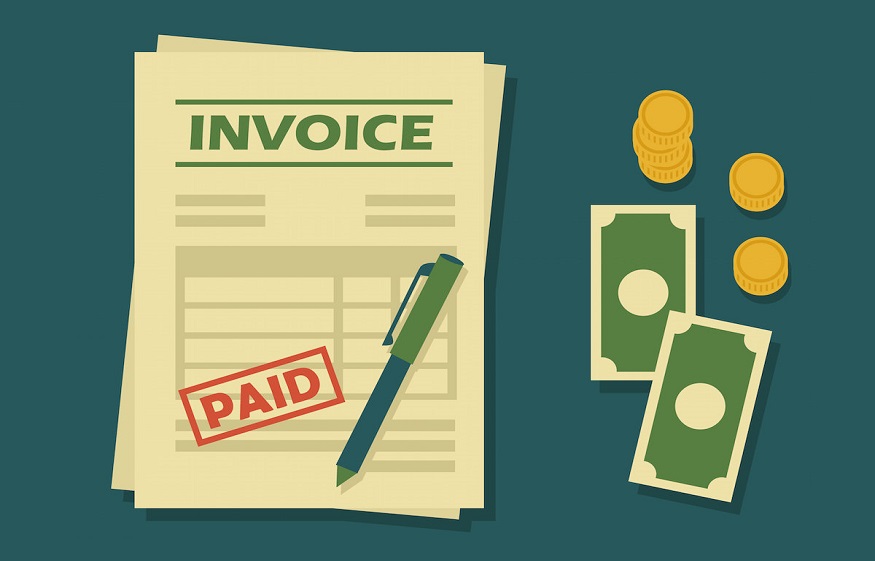Is Factoring Good For A Business?

Most business factoring programs for little business are supposed to assist small ventures to bridge the gap between receipt of money and expenditure. Small business owners sometimes struggle with managing income and finding the capital to grow their companies. Business factoring is a kind of asset financing that gives you an advance on your invoices that are due within the subsequent 90 days.
The seller makes the sale of products or services and generates invoices for an equivalent. The business then sells all its invoices to a third party called the factor. The factor pays the vendor, after deducting some discount on the invoice value. The speed of discount in factoring ranges from 2 to 6 percent. However, the factor doesn’t make the payment of all invoices immediately to the vendor. Rather, it pays only up to 75 to 80 percent of the invoice value after deducting the discount. The remaining 20 to 25 percent of the invoice value is paid after the factor receives the payments from the seller’s customers as a factor reserve.
When trying to find the proper business factoring make sure that you ask them the subsequent questions:
- Are all the fees you charge expressly noted?
- Are there surprise charges, if they’re what circumstances cause such charges?
- Do you have a limit on some invoices you’ll be able to factor in per week, a month, or yearly?
- Does your company offer customer care support on a 24/7 basis?
A factor is liable for maintaining the sales ledger of the client. Therefore the factor takes care of all the sales transactions of the client.
When you apply for a loan or line of credit, your business credit score and private credit score play an enormous role in whether you qualify. For several small business list, it is often difficult to get the capital they need if their business or personal credit score doesn’t qualify. By and large, business factoring uses the credit of your customers as the basis of the qualification criteria when approving invoices. This implies business factoring companies aren’t just watching your credit they’re watching the credit of your clients. As long as your customers have good credit you ought to be ready to factor the invoices.
Factoring isn’t a loan, it’s a sale of invoices. Therefore, you do not incur a debt, and your agreement and use of the line don’t impact your credit score.
Read more: 6 Things You Need To Open a Dry Cleaning Business
Many of the costs related to establishing and maintaining a factoring relationship are fixed in nature, therefore the more a factoring client utilizes its line, the lower their rates are going to be.
The money your factoring company advances to you is yours to spend as you see fit. There are not any restrictions on your spending. With factoring, you’ll retain complete authority over any decisions regarding how you employ the cash you receive. That’s in contrast with the rules for business loans, where you’re obligated to spend the funds on the particular needs that the cash was borrowed. When your small business requires a cash infusion, the services of business factoring companies can provide immediate funds to boost your business. These services also can provide improved credit control, affordable financing, and other value-added benefits.

 Reasons To Improve Call Connect Rate
Reasons To Improve Call Connect Rate  Motor Coach Service for Corporate Retreats: A Smart and Comfortable Choice
Motor Coach Service for Corporate Retreats: A Smart and Comfortable Choice  The Hidden Strength of Expanded Polystyrene in Sustainable Design
The Hidden Strength of Expanded Polystyrene in Sustainable Design  What are the top features that you need to take into account for choosing the best lubricant label company?
What are the top features that you need to take into account for choosing the best lubricant label company?  How can you maximise your business potential with the help of wholesale food packaging containers?
How can you maximise your business potential with the help of wholesale food packaging containers?  What Type of Commercial CCTV Security System is Best for Your Sydney Business?
What Type of Commercial CCTV Security System is Best for Your Sydney Business?  How a Healthy Living App Fits Modern Life
How a Healthy Living App Fits Modern Life  Importance of F & I Training Solutions
Importance of F & I Training Solutions